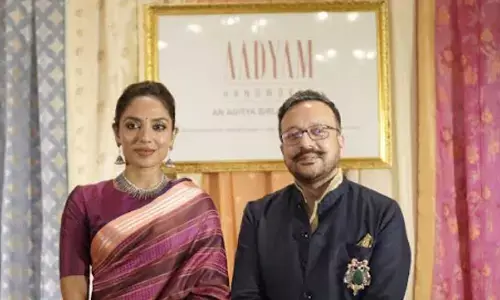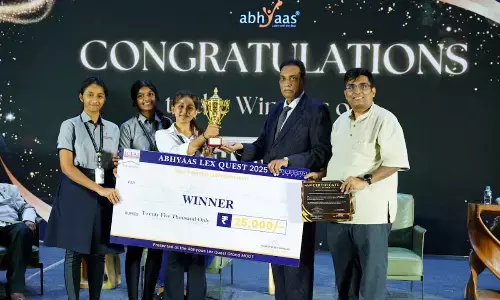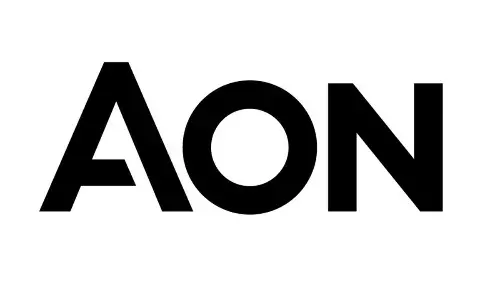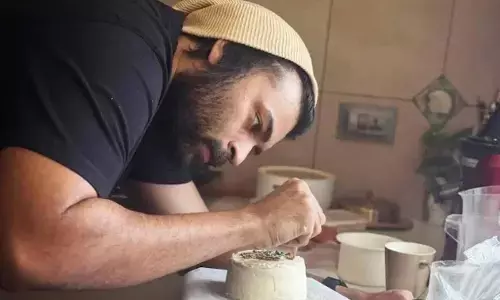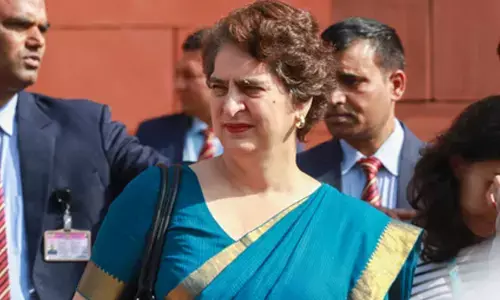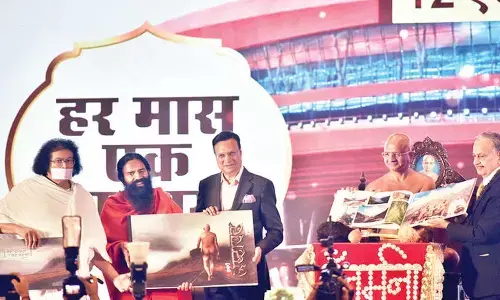Dr Kumar Krishen: A scientist who brought glory to all
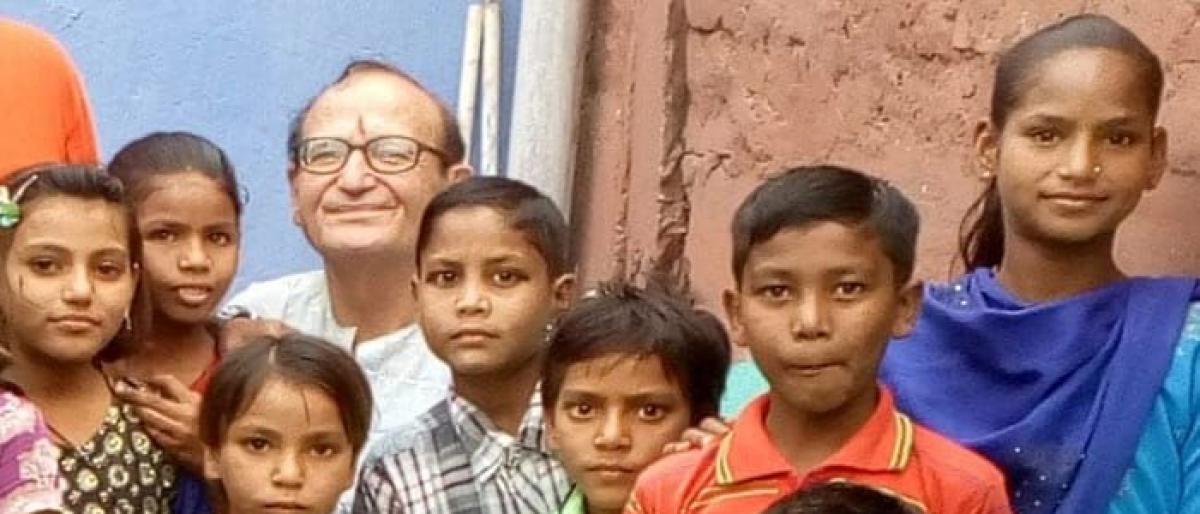
When Dr Kumar Krishen, a Senior Researcher and Lead Technologist of National Aeronautics and Space Administration NASA, was conferred the outofcycle Exceptional Service Medal ESM this year, it was rather an honour for not just NASA, but space exploration itself Such is the contribution of Dr Krishen to NASA and space science
When Dr Kumar Krishen, a Senior Researcher and Lead Technologist of National Aeronautics and Space Administration (NASA), was conferred the out-of-cycle Exceptional Service Medal (ESM) this year, it was rather an honour for not just NASA, but space exploration itself. Such is the contribution of Dr Krishen to NASA and space science.
Kumar Krishen is no ordinary scientist working for NASA. The soft-natured genial Kashmiri who migrated to the US in January 1965 on a grant extended by the then Prime Minister Late Lal Bahadur Shastri, had so impressed the international space science community, that NASA ESM was given to him as a 'pinnacle of prestigious acknowledgement of an employee's accomplishments that significantly contribute to the NASA mission and are to be benchmarked by others for their excellence".
He joined the NASA Johnson Space Center as a government employee in 1976. Throughout his career he has advanced original concepts for remote sensing, health systems, communication and tracking systems, and automation and robotics systems spanning the Skylab, Space Shuttle and International Space Station Program eras.
His research and engineering contributions have resulted in numerous experiments supporting all of these programmes and resulted in over 170 technical papers cataloguing his accomplishments. Dr Krishen was pioneering in his use of electromagnetic wave scattering methods to map and sense surfaces of the Moon from the Earth.
Looking back at his contribution Dr Krishen is happy with it. "I had a choice in 1964 of staying back in India and take care of the family. My father advised 'go ahead and contribute to the world. Bring glory to us all'. I boarded a ship from Bombay to France enroute to Kansas University. Thus began my tryst with space science".
However, Dr Krishen's dream is different. "Science and technology have to be taken to the common man....to the rural areas. Space offers excellent lessons to us. Experiments in space on anything and everything help us improve our lives. Just imagine space where there is nothing except extreme temperatures. You go out there and survive and explore ways and means of living in such conditions and find out how different organisms react to it and conduct experiments...it is a maze of knowledge. We can replicate every bit of it for mankind'ssurvival".
Dr Krishen drives home not only the importance of space exploration, but also its utility to us and the need to integrate these technologies into our lives further. "We are laying an emphasis on solar alliances. But, let us think a bit differently. Solar power has to be tapped. Ours is a large country and vast rural stretches are there here. We are working at the Delhi IIT and in other centres here on how to make a solar vegetable/fruit cooler that say a 10/10 size that is mounted on four wheels.
Take it wherever you want it will benefit the farmers immensely in our country because at a temperature of say 15 degrees one could store the perishable commodities for a longer duration".
Continuing his dream further, he explains "if technology is taken to people several applications could be invented. Take a solar well and also have a battery recharge point. Give batteries to the people in rural areas which could be used for their household chores. With a recharge point, one could easily replace them at the select points and take a fresh battery home".
Again to locate people and livestock during calamities like earthquakes or floods a combo of camera plus infrared plus radar put together works wonders if a multi-sensor project is evolved. It would be useful in guarding our borders and in arresting illegal activities too very easily. "Neural networks, augmented realities are areas which can help us a lot. An ANN (Artificial Neural Network) is based on a collection of connected units or nodes called artificial neurons, which loosely model the neurons in a biological brain.
The original goal of the ANN approach was to solve problems in the same way that a human brain would. However, over time, attention moved to performing specific tasks, leading to deviations from biology. Artificial neural networks have been used on a variety of tasks, including computer vision, speech recognition, machine translation, social network filtering, playing board and video games and medical diagnosis".
Dr Krishen welcomed the announcement of the Prime Minister to send a manned spacecraft as part of 'Gaganyaan' programme by 2022. "It gives us a great opportunity to develop our space infrastructure. Sending man to space is easier. But, this should be used to focus on development a huge infrastructure involving space science to benefit us in the long term. We cannot be dependent on others for infrastructure. It is a long-term strategy. The amount of knowledge one gets from the study of space that could be integrated with agriculture, medicine, climate impact etc is huge".
His area of concern is research. "Unless we have research work done in every area, we cannot be called a developed nation. From school levels itself we must have excellent laboratories to inspire and motivate students. This seems to be lacking in us. Theory could be gotten by rote. But, practical knowledge is more important. How many students, for example, work on temperature and friction, at the school levels? They cannot develop analytical minds without such laboratories. Infrastructure for higher education is a must".
Dr Krishen, whose recent accomplishments involve formulating and leading initiatives to enable closing of the technology gaps/challenges that must be addressed to make human presence beyond our near-Earth system a reality, hopes India wakes up to the demands of infrastructure and science and goes for mega projects. "Think huge and large, benefits will be many. Think small, you are confined and dependent on others", he contends.









